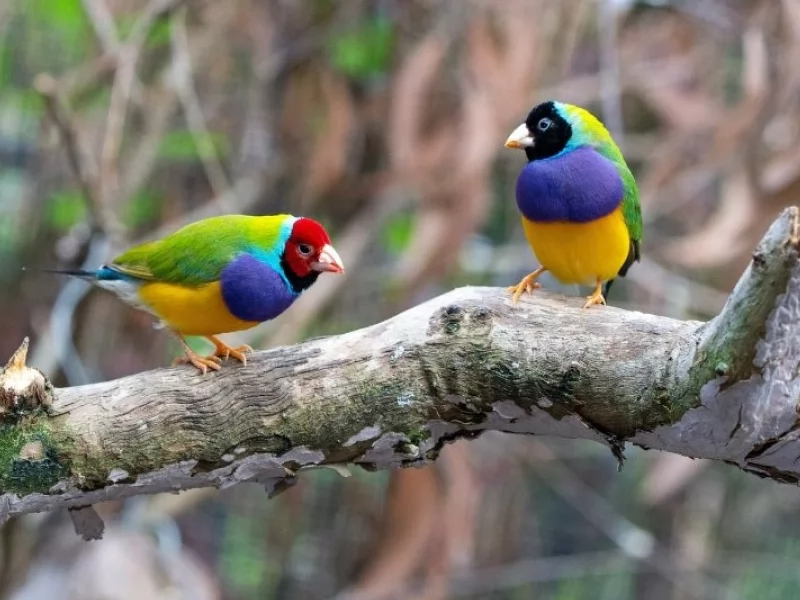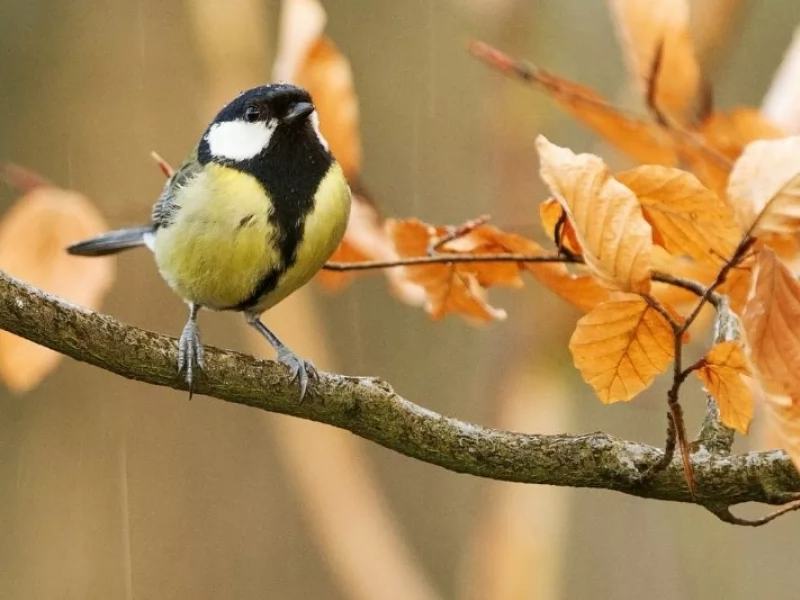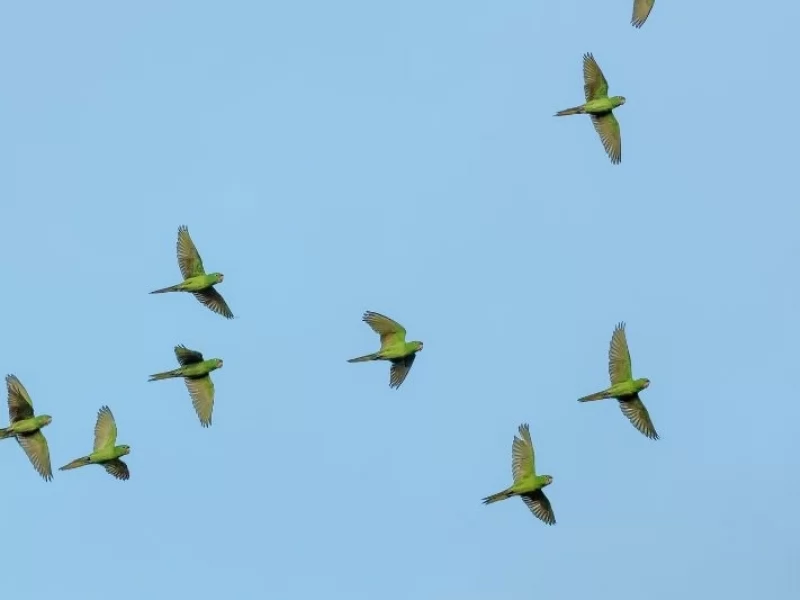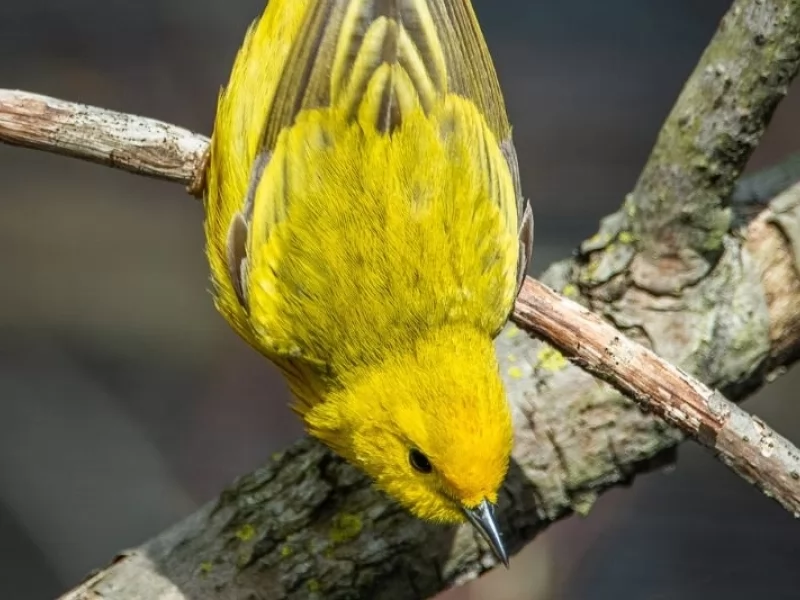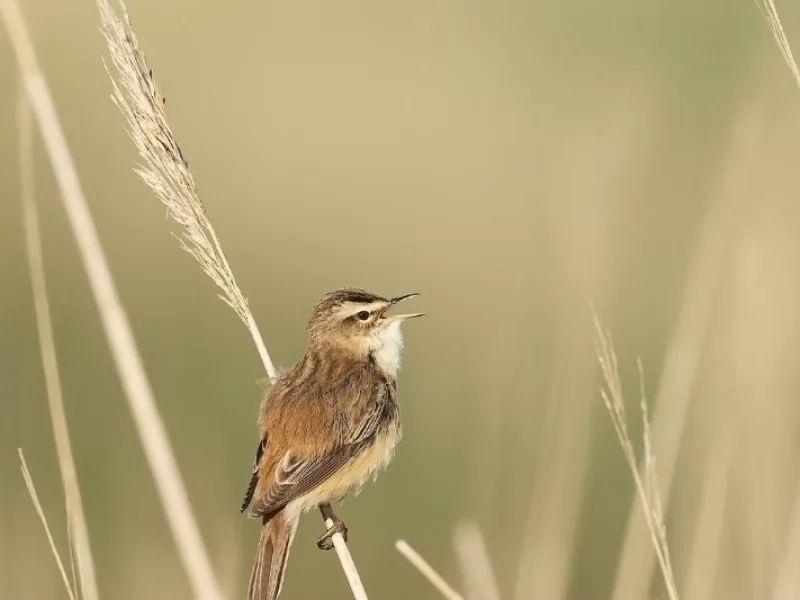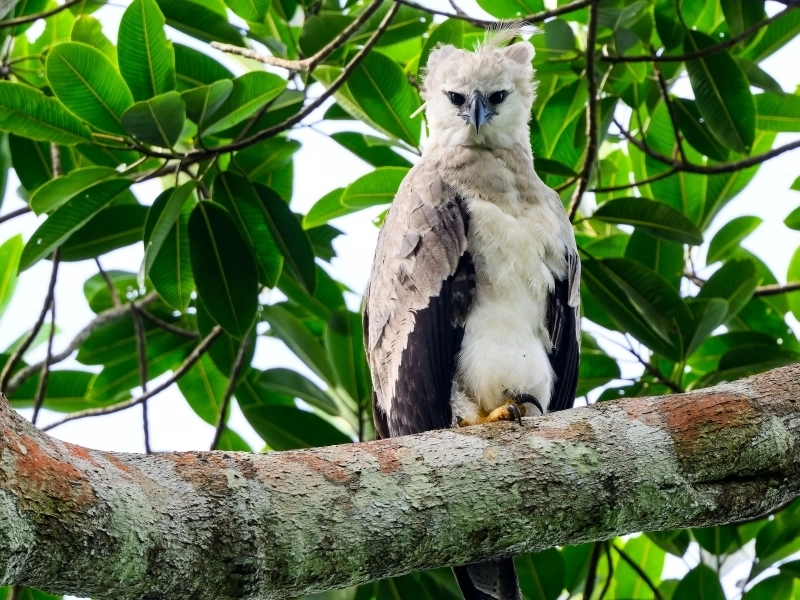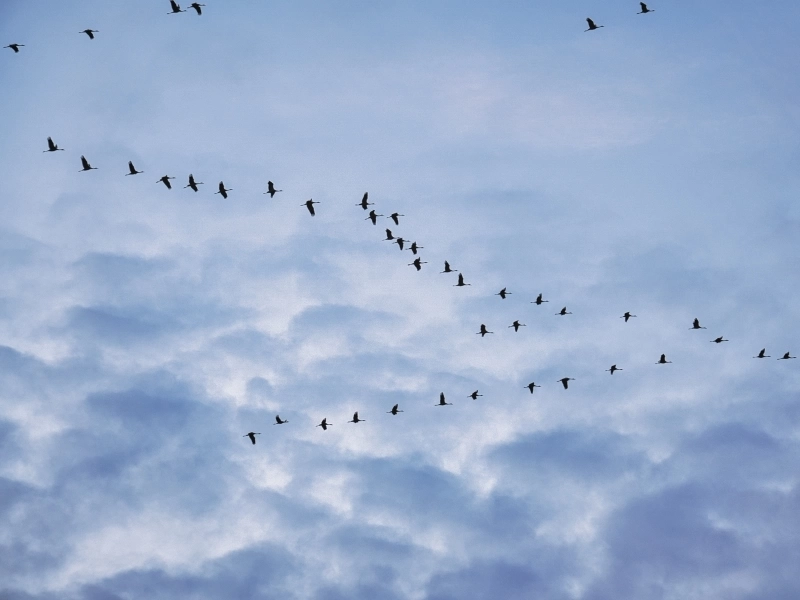News and Testimonials
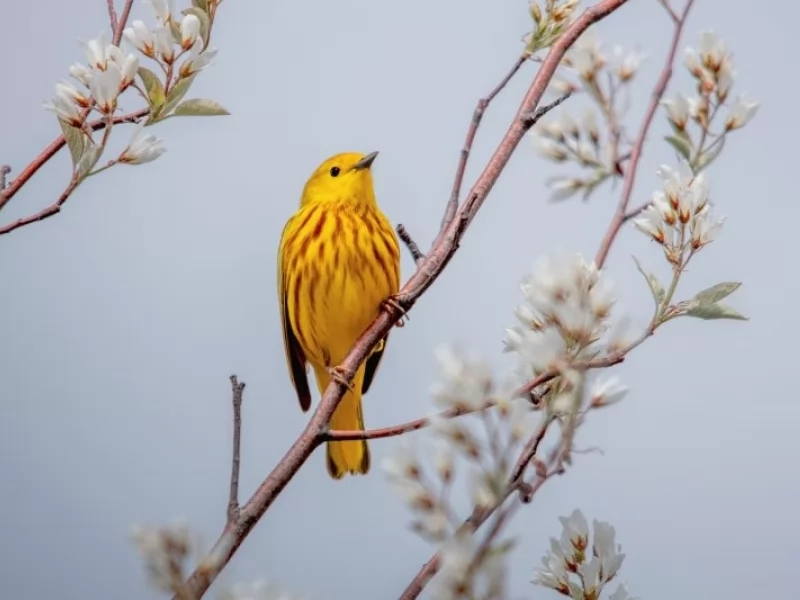
What Can Birds Tell Us About Pollinators?
Walmart-Funded Study Aims To Find Out.
In April the Walmart Foundation announced a two-year, $500,000 grant for a team of data scientists and ecologists to use eBird data to inform Walmart’s commitment to improving pollinator health and biodiversity. The project gives the Cornell Lab of Ornithology and the Cornell Atkinson Center for Sustainability an opportunity to devise a new method of tracking the health of the all-important arthropod populations that are a part of pollinating one out of every three bites of food people eat—and it all starts with birds.
In effect, the Walmart Foundation and Cornell want to find new ways to use data about birds to help manage habitat for pollinators on the farms that supply the dinner on people’s plates.
“We know many birds and pollinators respond similarly to farming practices, habitat conditions, and landscape attributes,” says Amanda Rodewald, senior director of the Center for Avian Population Studies at the Cornell Lab and co-principal investigator for the grant. For example, she says that many bumblebees and bird species rely upon the same native flowers and forbs growing at crop field margins and natural areas within an agricultural landscape. “If they respond similarly to changes in those resources,” she says, “that would make the bird a suitable indicator for the bumblebee.”
The Walmart Foundation’s investment in Cornell is part of the corporation’s larger commitment to help reverse the loss of nature. Walmart has initiated the largest pollinator health effort ever by a U.S. grocery retailer, including promoting integrated pest management, encouraging fresh produce suppliers to phase out chlorpyrifos and neonicotinoid pesticides, and improving and expanding pollinator habitats.
“Driving the scale of our collective pollinator commitments through our supply chain can create industry-leading changes and have a significant positive impact for the future of our planet,” wrote Walmart Senior Vice President of Produce and Global Produce Sourcing Martin Mundo in a company blog post.
The Cornell–Walmart Foundation project brings together data from eBird and existing pollinator data (primarily about native bees, but also beetles, butterflies, flies, and other insects). By comparing these massive data sets, combined with land-use data, the team will identify which bird species could be used as reliable indicators of pollinator communities and the services they provide.
By and large, pollinator data at the scale and resolution needed to track populations is insufficient. Unlike birds, which can be surveyed by sight and sound, counting insect pollinators means catching pollinators and identifying them by microscope, which takes a lot more time and effort. That’s where eBird comes in.
“The 1 billion observations submitted to eBird by volunteers make it possible to create robust models of distribution, abundance, and population trends for birds,” Rodewald says. “Once we have identified the bird species that closely track the pollinator communities, we unlock the potential for birds to be used as surrogates in cases where we lack sufficient data to directly monitor them.”
Patrick Beary, the Bruce H. Bailey Senior Director of Strategic Partnerships at the Atkinson Center, says this new commitment from the world’s largest company shows there is an understanding of the importance of pollinators, and a strong interest in investing in protecting and restoring pollinator communities. Beary hopes that this project could be a stepping stone to more coordinated nationwide efforts to this end.
“If we want to make real progress on protecting habitat and enhancing pollinator effectiveness then we need effective, efficient, and scalable ways to measure progress,” says Beary. “The organizations and industries that care about pollinator health need tools to track results if their investments in management efforts are to be effective.”
Source:https://www.allaboutbirds.org/news/what-can-birds-tell-us-about-pollinators-walmart-funded-study-aims-to-find-out/

